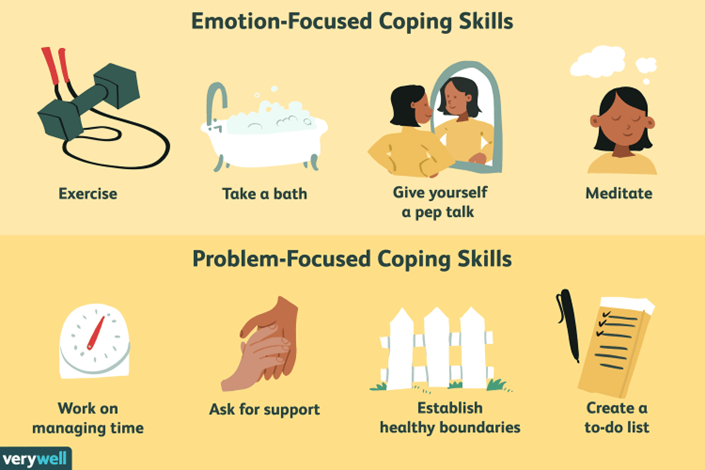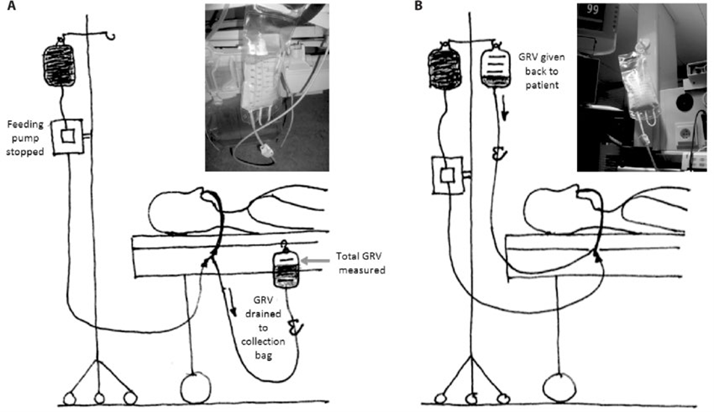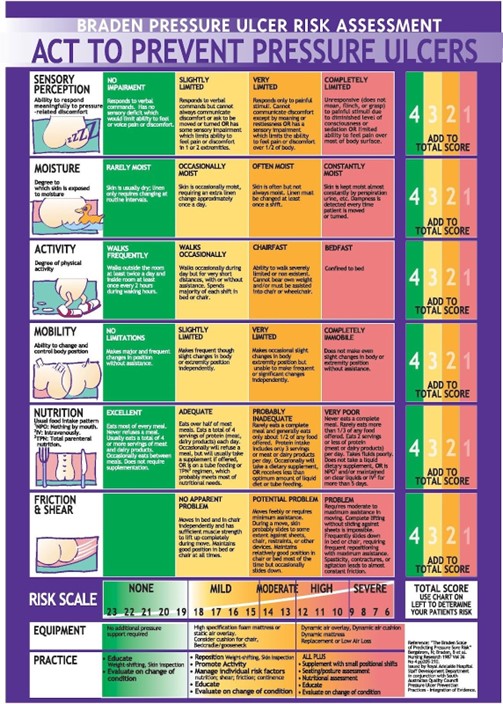A nurse is caring for a client who has a new diagnosis of terminal cancer. Which of the following interventions is the priority?
Help the client to find a local support group.
Discuss the client's prior coping mechanisms.
Develop a list of goals with the client.
Teach the client to use progressive relaxation techniques.
Teach the client to use progressive relaxation techniques.
The Correct Answer is B
The priority intervention for a client with a new diagnosis of terminal cancer is to discuss the client's prior coping mechanisms. This will help the nurse to understand how the client has coped with difficult situations in the past and to develop a plan of care that is tailored to the client's individual needs and preferences.
Options a, c, and d are also important interventions, but they are not the priority. Helping the client to find a local support group, developing a list of goals with the client, and teaching the client to use progressive relaxation techniques can all be helpful in supporting the client's emotional well-being, but they should be implemented after the nurse has assessed the client's coping mechanisms and developed a plan of care.

Nursing Test Bank
Naxlex Comprehensive Predictor Exams
Related Questions
Correct Answer is B
Explanation
Before administering enteral feedings via an NG tube, the nurse should check for gastric residual volume to ensure that the client is able to tolerate the feeding. If the residual volume is high, it may indicate delayed gastric emptying and the feeding may need to be delayed or the rate adjusted.
a. Encouraging the client to take sips of water may help maintain hydration, but it is not necessary prior to administering enteral feedings.
c. Flushing the tube with sterile 0.9% sodium chloride irrigation can help maintain patency of the tube, but it is not necessary prior to administering enteral feedings.
d. Encouraging the client to breathe deeply and cough can help clear secretions from the lungs, but it is not necessary prior to administering enteral feedings.

Correct Answer is C
Explanation
The Braden scale measures six elements: sensory perception, moisture, activity, mobility, nutrition, and friction/shear. Each element has a range of one to four points, with a total possible score of 23 points. The lower the score, the higher the risk for pressure injury.
Option a is incorrect because each element has a range from one to four points.
Option b is incorrect because the lower the score, the higher the pressure injury risk.
Option d is incorrect because the client's age is not part of the measurement.

Whether you are a student looking to ace your exams or a practicing nurse seeking to enhance your expertise , our nursing education contents will empower you with the confidence and competence to make a difference in the lives of patients and become a respected leader in the healthcare field.
Visit Naxlex, invest in your future and unlock endless possibilities with our unparalleled nursing education contents today
Report Wrong Answer on the Current Question
Do you disagree with the answer? If yes, what is your expected answer? Explain.
Kindly be descriptive with the issue you are facing.
